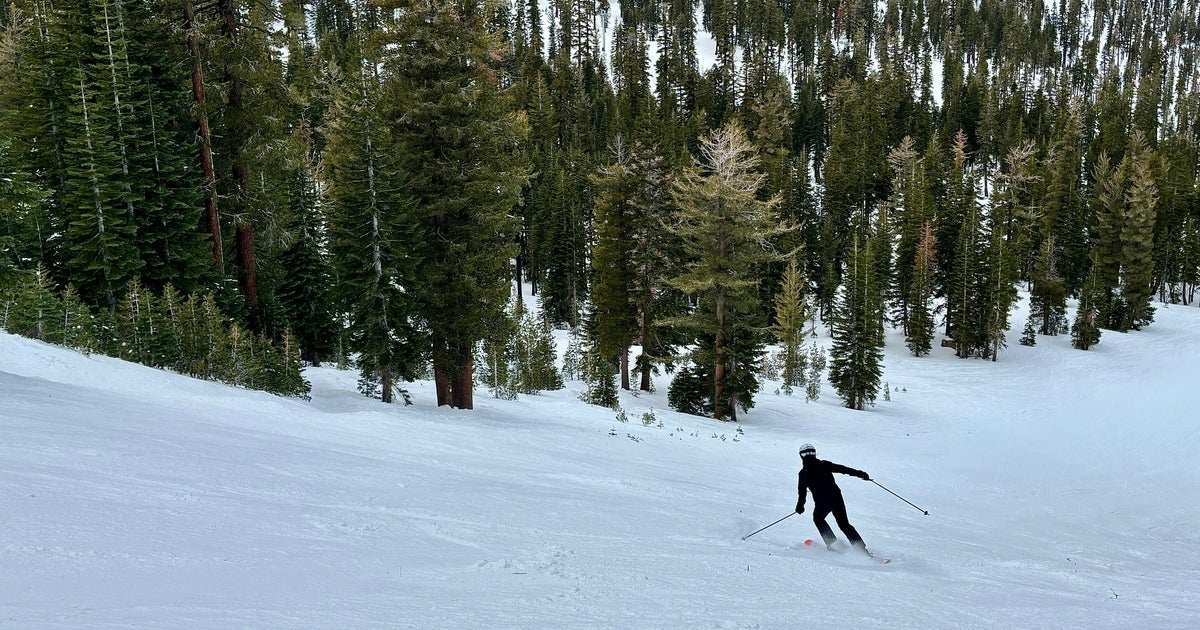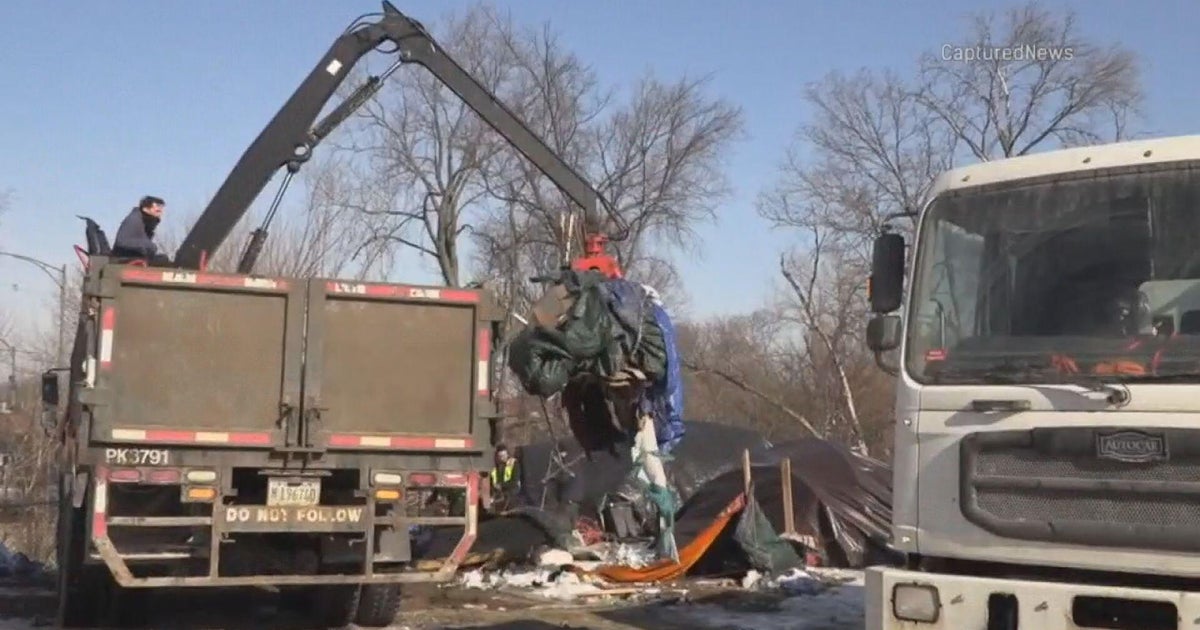Organizations sue over plans to expand toxic sludge dumpsite on southeast lakefront
CHICAGO (CBS) -- In a fight we first told you about almost more than three ago, a toxic sludge landfill is stirring up trouble on the city's southeast lakefront.
As CBS 2 Investigator Megan Hickey reported Friday, residents are now taking the U.S. Army Corps of Engineers to court over their plan to expand the landfill.
The dump is located at the mouth of the river next to the lakefront park of Calumet Park. If all goes according to plan, the Army Corps of Engineers plans to expand the dump vertically — about 25 feet in the air.
Residents said after years of fighting, the lawsuit was a last resort.
Linda Gonzalez has lived down the road from Calumet Park in the South Deering neighborhood for her entire life.
"I played softball there, you know, as was a teenager on the field – and then go take a dip in the lake afterwards," Gonzalez said.
Gonzalez said she didn't realize the 45-acre site butting up right against the park was a dumping site for contaminated materials - that is, until it filled up.
"The U.S. Army Corp of Engineers proposed expanding it another 25 feet higher," said Amalia NietoGomez, executive director of the Alliance of the Southeast.
NietoGomez explained Illinois law authorized the dumping in 1984 - but only for a decade.
"It was only supposed to be here for 10 years, and then it was supposed to become a park," she said.
But now it has been almost 40 years. And when local grassroots groups and residents of the area — which already has a disproportionate burden of environmental hazards — found out, they were not pleased at all.
"I told them then, 'No, we need you to stick to the plan and return that land to the community,'" said Gonzalez.
Those contaminants include mercury, arsenic, and lead. But according to the Corps, the expansion plan is the only viable option.
Thus, this week, the Environmental Law and Policy Center filed the suit on behalf of the Alliance of the Southeast and Friends of the Parks.
"We're done," said NietoGomez.
The federal lawsuit claims the Corps has no authority to expand the dumpsite, and said it failed to consider the environmental impacts and other less harmful alternatives before going ahead with the project.
Environmental Law and Policy Center executive director Howard Learner released this statement about the lawsuit:
<blockquote>"The Army Corps of Engineers is failing to live up to its promise to the Illinois legislature and the community that the CDF site would already be restored into a public park along the lakeshore for people's use and enjoyment. The Corps' plans to continue dumping dredge wastes on top of the CDF fail to comply with the agency's legal obligations to take a hard look at the environmental consequences and fully and fairly analyze better environmental alternatives. Moreover, the Corps' actions here are at odds with the Biden administration's environmental justice commitments."</blockquote>
The U.S. Army Corps of Engineers declined Hickey's request for comment, citing pending litigation. Back in 2020, they told CBS 2's Lauren Victory the sludge needed to go somewhere.
"We looked at 60 different sites since 2015 - alternative sites," Padilla said. "The public did not really want us to build a new facility. They were like, 'You know, this is contaminated material - not in our backyard,' sort of thing."
But Padilla said in 2020 that the Corps understands the opposition.
"I think that some people would say, 'Hey, you're supposed to be done by now,'" he said.
"I think it's a shame that it's gotten to this point," Gonzalez said Friday, "because the community been asking for this for so long."
The lawsuit is also asking for additional water testing here near the existing dump site.
Th Army Corps of Engineers says the vertical expansion will give them enough capacity for the next 20 years of dredging.







